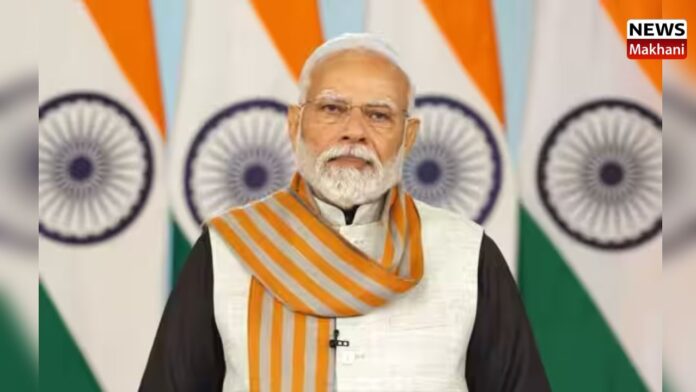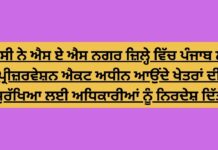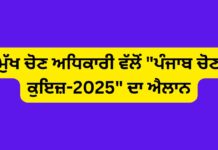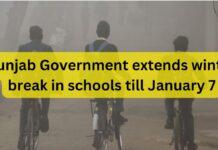Delhi: 01 FEB 2024
The Union Cabinet had given approval of the scheme up to 31.03.2020 and further approval was given for continuation of RoSCTL till 31st March 2024. The present extension upto 31st March 2026 helps in enhancing export competitiveness of garments and made-ups sectors. It makes apparel/garments and Made ups products cost-competitive and adopt the principle of zero-rated export. The other textile products (excluding Chapter 61, 62 and 63) not covered under the RoSCTL, are eligible to avail the benefits under RoDTEP along with other products.
The objective of the scheme is to compensate for the State and Central Taxes and Levies in addition to the Duty Drawback Scheme on export of apparel/ garments and Made-ups by way of rebate. It is based on an internationally acceptable principle that taxes and duties should not be exported, to enable a level playing field in the international market for exports. Hence, not only indirect taxes on inputs are to be rebated or reimbursed but also other un-refunded State & Central taxes and levies are to be rebated.
Rebate of State Taxes and Levies comprises VAT on fuel used in transportation, captive power, farm sector, mandi tax, duty of electricity, stamp duty on export documents, embedded SGST paid on inputs such as pesticides, fertilizers etc. used in production of raw cotton, purchases from unregistered dealers, coal used in production of electricity and inputs for transport sector. Rebate of Central Taxes and Levies comprises central excise duty on fuel used in transportation, embedded CGST paid on inputs such as pesticides, fertilizer etc. used in production of raw cotton, purchases from unregistered dealers, inputs for transport sector and embedded CGST and Compensation Cess on coal used in production of electricity.
RoSCTL has been an important policy measure and has helped in enhancing competitiveness of Indian exports of apparel and made ups which are value added and labour intensive segments of the Textile Value Chain. Continuation of Scheme for further duration of two (2) years will provide stable policy regime which is essential for long term trade planning, more so in the textiles sector where orders can be placed in advance for long term delivery.

 हिंदी
हिंदी






